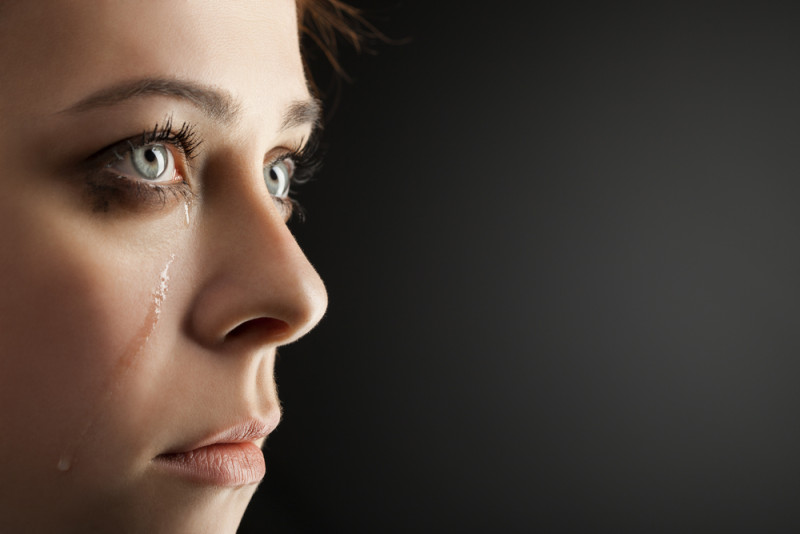Picture yourself sitting in a dimly lit movie theater with some of your friends. The film you’re seeing is great! So far you’ve experienced comedy, romance and drama. Just when you think you might be able to escape it, the saddest scene of the movie begins to play out on screen.
You’re invested now. You’ve been watching these characters live their lives for over an hour. You laughed when they laughed, you sighed when they sighed. And now they’re experiencing pain. You try to fight it, but you feel a single tear slowly roll down your cheek. Withing seconds, you’ve turned into a blubbering mess. You try to subtly wipe your face without your friends noticing. You coyly turn to see two of your friends in the same state. Your other friend however, is sitting up, watching the movie with dry eyes, no tears to be found.

Research suggests that around 92% of people have shed tears during at least one movie, so you’re not alone. It turns out, people who cry at the movies have several traits in common.
They have been found to be more:
- Caring
- Generous
- Emotionally intelligent
- Empathetic
Crying Is A Sign Of Empathy
Contrary to popular belief, crying at movies isn’t a sign of weakness. Research shows it’s actually a sign of empathy. If you cry during a sad movie, you’re most likely an emotionally strong human being.
Engaging in a fictitious film allows us to step into a character’s shoes and envision a different reality. Most times, this reality is more difficult and challenging than our own. Watching the hardships of another person causes us to become more open-minded. We make a greater attempt to understand other people and show compassion in our interactions with others.

The Science Behind It
Most of the way we react has to do with the way our brains are hardwired. Movies are designed to affect us on an emotional level. When we watch films that contain highly emotional content, it releases a certain hormone in the brain called oxytocin. This hormone behaves as a neurotransmitter in the brain.
Oxytocin helps us connect with other human begins. It compels us to be more empathetic, loving, trusting and unselfish. Paul J. Zak, a neuroeconomist at Claremont Graduate School, is a world-renowned expert on oxytocin. He refers to the hormone as “the moral molecule.”
Zak explained, “Oxytocin makes us more sensitive to social cues around us. In many situations, social cues motivate us to engage to help others, particularly if the other person seems to need our help.”
He suggests, “…Go see a movie and laugh and cry. It’s good for your brain, and just might motivate you to make positive changes in your life and in others’ lives as well.”

Sources:
Sun Gazing
Five Thirty Eight
Berkeley
Elite Daily


